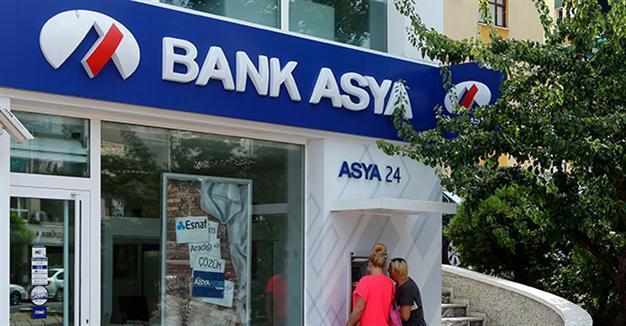Turkish Islamic banks’ loan growth to remain above average: Fitch
DUBAI/LONDON - Reuters
 Fitch Ratings said it expects Turkish Islamic banks’ loan growth to remain above the sector average, supported by new entrants to the market and increasing penetration, despite intense competition from conventional banks in a written statement on Jan. 25.
Fitch Ratings said it expects Turkish Islamic banks’ loan growth to remain above the sector average, supported by new entrants to the market and increasing penetration, despite intense competition from conventional banks in a written statement on Jan. 25. Excluding the troubled Bank Asya, Islamic banks (dubbed participation banks) expanded their loan books 34 percent in the first half of 2015, compared with sector’s average of 25 percent, according to the statement.
For 2016 Fitch has forecasted around 15 percent-20 percent loan growth for the sector.
Fitch said return on equity could increase in 2016, underpinned by loan growth, but will be sensitive to non-performing loan (NPL) growth due to the banks’ fairly high credit risk profiles and a volatile operating environment.
Fitch-rated Islamic banks’ Viability Ratings remain sensitive to deterioration in asset quality, capital or profitability, according to the statement.
Fitch also said it has viewed government efforts to support the sector, by Turkish Treasury sukuk issuance and new regulations that allow for more sharia-compliant instruments, among other things, as favorable for growth.
“However, the limited range of instruments presently available to Islamic banks remains a constraint on funding, investing and lending. Liquid assets consist mainly of cash, central bank reserves and interbank assets, reflecting a lack of sharia-compliant investment products,” it added.
There are five Islamic banks in Turkey, accounting for 5.1 percent of total banking sector assets and loans by the end of first ninth months of 2015. Participation and conventional banks are subject to a single supervisory authority and the same disclosure requirements. The Turkish government has a strategy to increase the Islamic banks’ share of total sector assets to 15 percent by 2023.
















